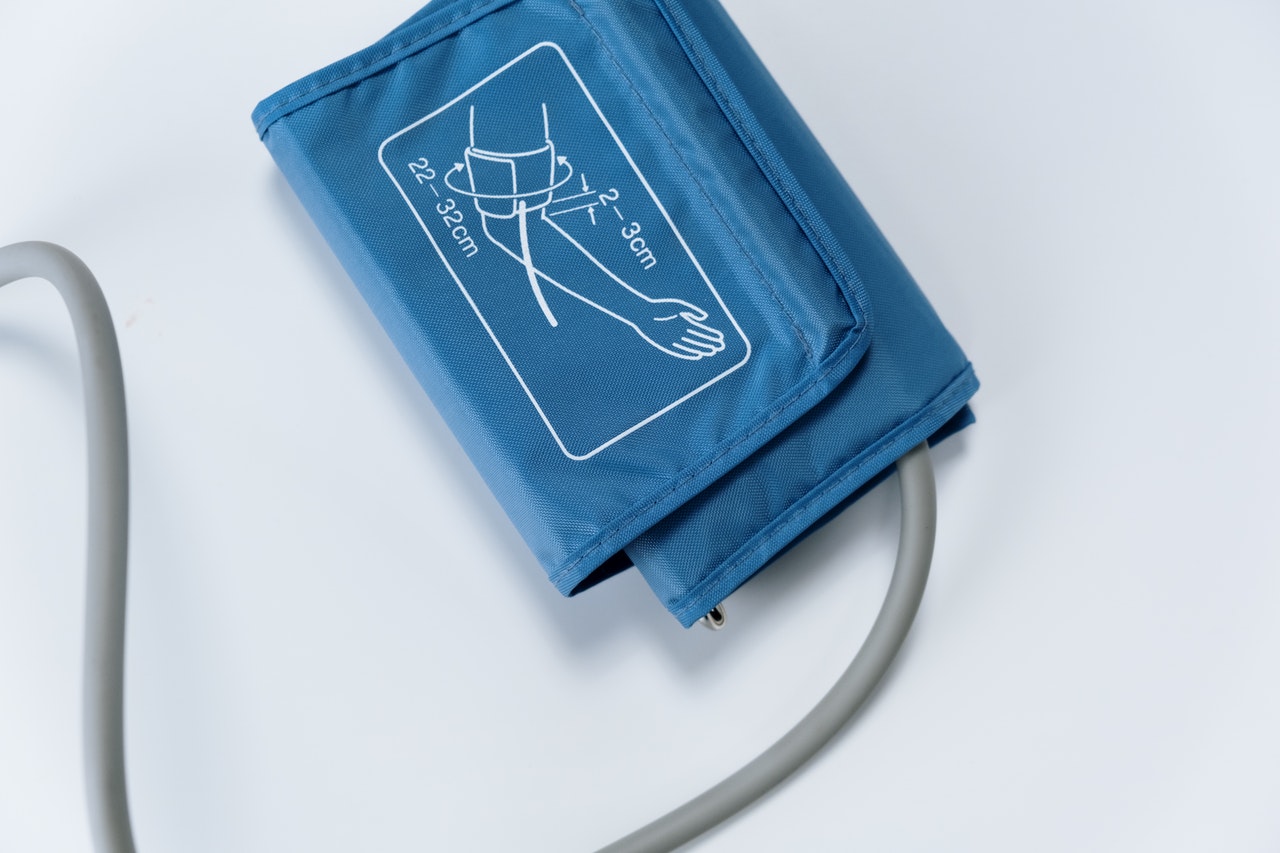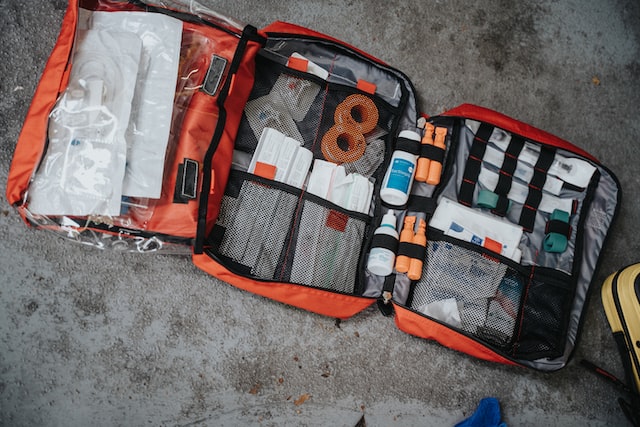
Seeing your dog vomit can be very worrying especially if your dog has not taken any medication or suffer from a health condition that may be the most obvious cause. We encourage you to carefully monitor the dog for any other symptoms accompanying the vomiting so you can potentially discern what to do. If your dog becomes lethargic, whines in pain, or faints you should immediately seek veterinary medical aid.
Why Do Dogs Vomit?
Dog vomit can appear yellow, brown, clear (it can appear like saliva discharge), or white and foamlike. The most common reasons for vomiting are – bloating, acid reflux, indigestion, toxin exposure, and gastrointestinal inflammation or obstruction.
“Bloat” is a dangerous health condition that denotes a dog’s stomach being filled with gas, fluid, or food thus enlarging the organ’s volume to an unsafe degree. This condition can not be treated at home and you should seek immediate medical help for your pooch. Vomiting white foam can be the first sign of bloating. This can be accompanied by your dog not being able to relieve themselves.
Acid Reflux is the scientific term used to denote an excess of stomach acids and bile. Your canine may vomit excess bile or stomach acids. Your dog may be struggling with this condition if they regularly vomit white foam after breakfast. If the condition is not too severe – you could make sure the dog has frequent but small meals throughout the day. Please consult your vet about the best treatment plan.
Indigestion is common for dogs and their owners. This condition usually resolves on its own and is often the reason why dogs vomit white foam. Dogs can have white discharge on their mouth if they have eaten after vigorous exercise and if they have ingested too much grass or food items from your trash bin. We encourage you to make sure your waste disposal containers are dog-safe and sufficiently secured against particularly inquisitive doggos.
If you are not sure why your dog would ingest grass, please see our article “Why Do Dogs Eat Grass”.
Your household may be dangerous to your dog if you have not been prepared to welcome them. Seemingly harmless household items like grapes, raisins, chocolate, bleach, ammonia, detergents, and vitamins are toxic to dogs. If your pooch is feeling peckish and they smell something interesting on your coffee table they may suffer an upset stomach, diarrhea, and vomit on your beautiful carpet. We talk about holiday toxins on our website and you may want to take a look. A full list of potentially unsafe household items and plants can be found on the US FDA website here.
If you have trouble monitoring what your dog eats at home and when you go out – you may at some point deal with a gastrointestinal inflammation or obstruction. Young puppies are more prone to ingesting non-food items and potentially unsafe bones and leftovers. This can lead to their gastrointestinal system being blocked or even punctured. Your dog may vomit food and foam as their organism is unable to discharge feces. This can leave your dog dehydrated, make them lose weight, and become lethargic.
Gastrointestinal inflammation can be caused by various pathogens like bacteria and viruses. If your pooch has not been fully vaccinated, interacted with sick animals, and ingested feces they are vulnerable to inflammation. It is common for dogs suffering an infection to have a fever, have poor appetite, and vomit frequently. You should call your veterinarian and arrange a full physical check if your doggo is lethargic, vomits, and is visibly unwell.
What To Do If Your Dog is Vomiting White Foam
White, foamy vomit is usually gas from the dog’s stomach that has been mixed with saliva. It can sometimes include grass residue. A small discharge of white vomit is nothing to be too worried about. If your dog’s breath needs improvement, check our article “How to Use Yogurt as a Remedy for Dog’s Bad Breath”.
However, if the vomiting is frequent and paired with weakness, lethargy, shaking, and diarrhea – call your vet and schedule a checkup within 24 hours. You should be able to provide a detailed account of what your pooch ate, their physical activity, and what they drank recently. Your vet may prescribe medication or decide to hospitalize your furry friend. The treatment will depend on what is causing the vomiting, weakness, diarrhea, and any other symptoms.
In rare cases, the dog may have to undergo surgery to have the gas removed from their stomach and any blockage cleared. In most cases, a simple indigestion or an upset stomach will resolve itself in a day or two.
Your best efforts should be aimed at keeping your pooch away from things they should not eat, lick, or chew. However, we all know dogs can be very skilled at swallowing things from the ground before we have a chance to take action. Try to stay vigilant and alert your veterinarian about any disturbing behavior like shaking, problems going potty, lack of appetite, and lethargy. This way, you can take appropriate measures early on and give your doggo the best chances for recovery in case there are problems.












